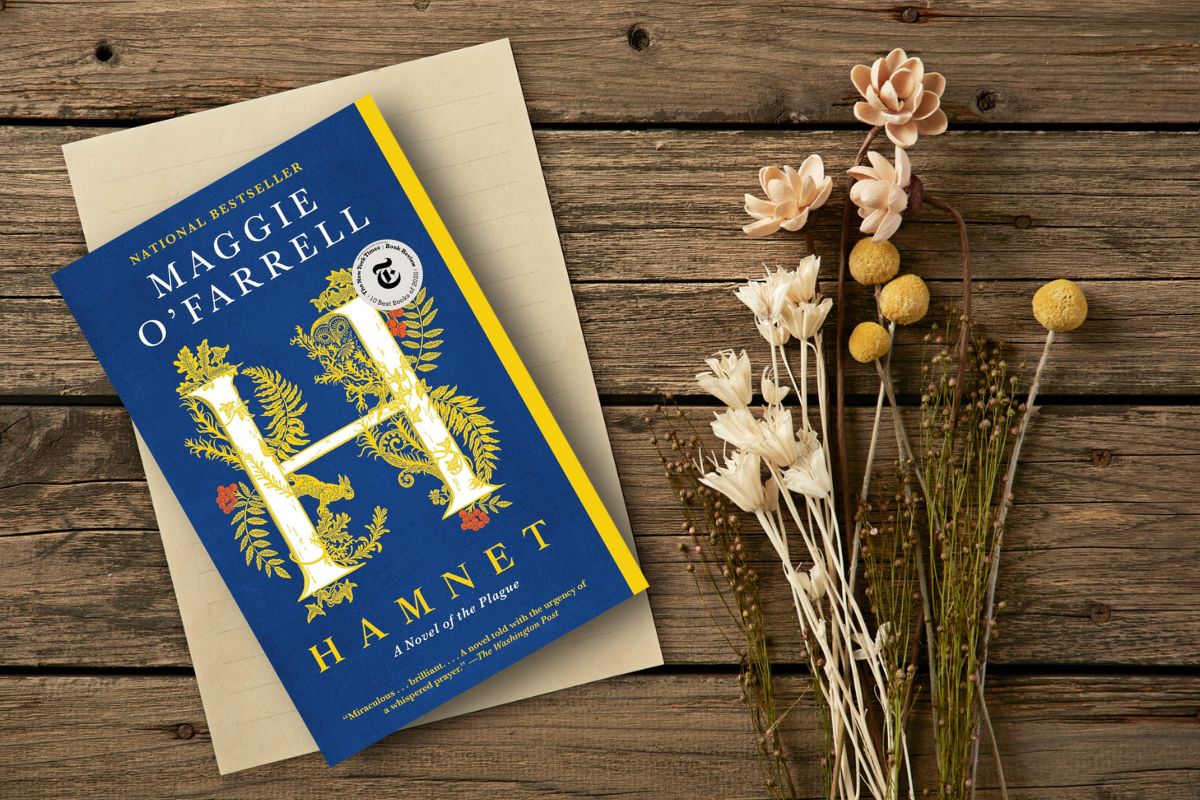Having a successful career in freelance writing is the goal of so many writers out there looking to make a living out of their passion. Working from the comfort of your home (or on the beach, or while sipping a latte, whatever floats your boat), making your own hours, choosing your own projects, and getting paid to play with words sounds ideal. But if you’re afraid you’ve missed the boat or you don’t know where to begin, let’s walk through the basics of launching a successful freelance writing career in 2024.
The Essentials
To be a successful freelance writer, you’ll need strong organizational and time management skills. From establishing a writing routine to implementing a clear system for tracking projects, invoices, payments, pitches, job applications, and client responses, it’s good to start with the frame of mind that this is already a business and think of the things you’ll need to operate smoothly.
A few places you can start:
Brainstorming: Maintain a list of writing ideas to ensure a steady flow of topics. Imagine the sort of outlets you’d like to be writing for and start crafting stories and headlines you might want to reach out to them with.
Organization: You can use the Notes app, calendar and alerts on your phone, or a workspace app like Asana, to keep track of your business. This system is important to establish right away, because even if you don’t have any clients yet, you’ll want to be prepared and have a strong understanding of what you can handle.
Equipment: Equip yourself with the necessary tools, including a laptop or desktop computer with writing and task management software. If you can, set up a professional website to showcase your writing samples, along with a business email, phone, and video conferencing account.
Finances: Finally, have a bank account and online payment service to receive payment from clients. Before you take on your first client, it’s important to learn about owning a business, doing taxes, and the nitty-gritty of the freelance writing industry. Whether you use free online resources or consult with a CPA, it’s important to understand your tax liability as this will help you determine your rates.
Pick Your Niche
Choosing the right type of writing and niche is crucial for success as a freelance writer, allowing you to leverage your expertise and passion. Options like B2B writing, copywriting, and B2C writing offer varied opportunities with distinct tones and purposes. Additionally, exploring personal interests or hobbies can lead to unique blog niches, while technical writing thrives in specialized fields such as medicine, engineering, and IT, offering lucrative opportunities for skilled writers.
The point is, your career starts with a deep personal evaluation of skills, knowledge, experience and interests, then a deep dive into not only which outlets align, but which ones pay freelancers to contribute to their business or platforms.
In some cases, a website or brand might openly advertise that they hire contributors. In others, you might have to dig to find aligned small businesses who appear to be struggling to produce content and might need some outside help. You can also use tools like job boards and listings to find companies who are actively seeking out writers.
Build your Portfolio and Practice Practice Practice
When first starting a business in freelance writing, creating a portfolio is essential. A lot of people question what to even put in a portfolio without prior experience. One thing you want to be doing is practicing your writing, and the beauty is that while you are practicing, you are also creating content that is worthy of sharing with potential clients. Of course, remember that quality over quantity is important, so seeking feedback from trusted sources is crucial when putting that portfolio together.
Whether you start a personal blog or volunteer some time writing for non-profits, you are gaining valuable experience while also building a portfolio that will one day land you your dream clients. Make sure your writing portfolio is a strong representation of your skills and knowhow. You can have a Substack, or a tab on your website, or a list of links to outlets you’ve contributed to in the past.
Marketing Your Writing Business
To effectively market your freelance writing business, start by establishing a professional website where you showcase your services, portfolio, and client testimonials. These can be fairly easy to set up and they don’t need to be overly complicated. If starting a website is too daunting, you can use social media as your client-facing platform, you’ll just need to be strategic about making sure it is a professional representation of what you offer.
Platforms like LinkedIn, Twitter, and Instagram can be used to promote your writing services, engage with potential clients, and network with fellow professionals. Consider contributing guest posts to popular blogs and websites in your niche to showcase your expertise and reach a wider audience. It is a lot easier to land a guest post, than a paying gig, so when you’re in the building up phase, you may have to do some jobs for free.
If you have a blog on your website or a Substack, share valuable content, insights, and demonstrate your writing skills to attract and engage your target audience. You can also build an email list of potential clients and subscribers, offering freebies or discounts to attract new clients. Don’t hesitate to ask satisfied clients for referrals to expand your client base further! Success is abundant and lots of people in the writing community want to help others grow.
Networking is also a huge part of starting a freelance writing business from the ground up. Whether you attend conferences in your niche or have industry friends and business owners, reach out to people in person to establish a connection and develop a relationship.
Often, this is the biggest challenge for writers. We all love curling up in our cave and doing the work, but what’s necessary to succeed at freelancing, is building a community of people who need what you’re offering.
Get to WORK
You’ve officially started your business, you’ve honed your writing skills, and you know what you’re looking for. Perhaps now, you’ve also sought out freelance writing opportunities, explored online job boards like Indeed or LinkedIn, social media, and business networking sites for job listings and pitched brands you love.
Whether you have one client or ten, the most important part of building your career as a freelancer is delivering to the clients you have. Not only can this insure they work with you for a long time, it can also help generate future opportunities where they bring you on for more work or recommend you to someone else. Landing a client in the first place is a big win. Delivering high quality, timely, and irreplaceable content is the name of the game. Make it so that they don’t know how they ever got by without you so you can shore up the opportunity for months or even years to come.
You got this!
Starting a freelance writing career in 2024 offers immense opportunities for those willing to put in the effort. Don’t let fear-mongering about AI replacing writers or about the markets being oversaturated stop you from starting, even if you’re brand new. Though AI is a formidable threat and yes, there are a lot of freelancers out there, there are also thousands of brands who would prefer to work with a human and who are interested in keeping a lean team by working with outside contractors. Discover your value proposition in this market. And approach this job with the same integrity and initiative you would at any full-time job.














Leave A Comment